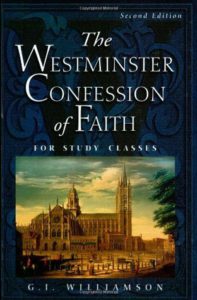
One common criticism leveled against Calvinism is that its teaching of predestination and original sin undermines human freedom and responsibility. A two-fold response is required to set aside this deeply entrenched misconception. First, we are mindful that the best apologetic is a rigorous dogmatics. In this regard, the Westminster Confession of Faith (WCF) is more than able in defending itself. Chapter 9 of the WCF, “Free Will”, comprises a series of affirmations which together presents a dynamic and coherent view of freedom and human nature in its fourfold state (Pre-Fall innocence, Post-Fall depravity, Regenerate man, Glorified man). A closer reading this chapter clearly shows that the criticism against Calvinism is misguided as it is based on an inadequate, one-dimensional and static concept of human freedom. Second, we need to demonstrate that the Reformed teaching of freedom is coherent (cf. Michael Preciado and Guillaume Bignon on compatibilism) and that predestination (rightly understood) does not undermine human responsibility (cf. John Martin Fisher-Mark Ravizza on responsibility and control). [We will post expositions of the works of these thinkers if the discussion subsequent to this post requires it]. But let us begin with a simple explanation of the Reformed understanding of freedom in layman’s terms.
The Westminster Confession of Faith: CHAPTER 9 Continue reading “Liberty and Ability of the Will in the Westminster Confession of Faith”
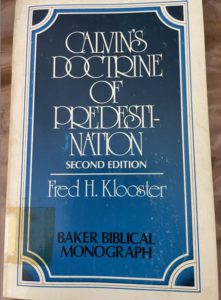 Calvin’s doctrine of predestination (election and reprobation) is not a product of philosophical deduction. It is a result of Calvin’s exegesis of Scripture. Calvin gives two concise definitions of predestination:
Calvin’s doctrine of predestination (election and reprobation) is not a product of philosophical deduction. It is a result of Calvin’s exegesis of Scripture. Calvin gives two concise definitions of predestination: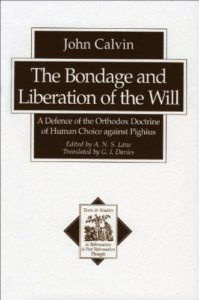
 In my earlier post,
In my earlier post, 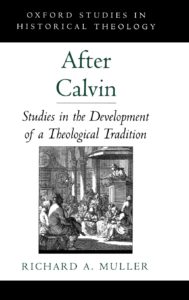 One of the problems with the “Calvin against Calvinists” scholarship is that it is based on questionable theological premises. This includes the claim that there is conflict between the predominantly scriptural and Christocentric theology of Calvin and the theology of later Calvinists or Reformed Scholasticism whose application of Aristotelian philosophy and speculative formulation of the will of God resulted in a doctrine of God which is rationalistic and predestinarian.
One of the problems with the “Calvin against Calvinists” scholarship is that it is based on questionable theological premises. This includes the claim that there is conflict between the predominantly scriptural and Christocentric theology of Calvin and the theology of later Calvinists or Reformed Scholasticism whose application of Aristotelian philosophy and speculative formulation of the will of God resulted in a doctrine of God which is rationalistic and predestinarian.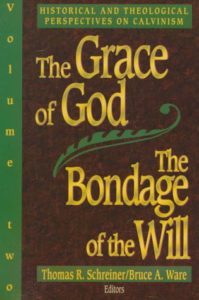
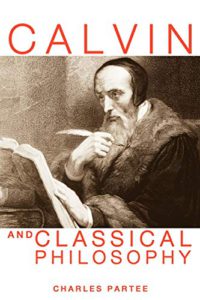 The frequent attacks on Calvinism by non-Calvinists in the Web gives the impression that Calvinism is a pernicious Christian sect. The attacks often highlight predestination as a major problem with Calvinism. The Calvinist’s doctrine of predestination is regarded as a rigid and legalistic doctrine that violates our sense of justice. It also robs the believer of his assurance of salvation.
The frequent attacks on Calvinism by non-Calvinists in the Web gives the impression that Calvinism is a pernicious Christian sect. The attacks often highlight predestination as a major problem with Calvinism. The Calvinist’s doctrine of predestination is regarded as a rigid and legalistic doctrine that violates our sense of justice. It also robs the believer of his assurance of salvation.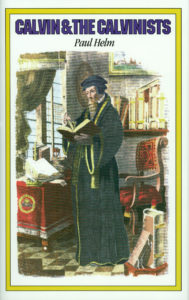
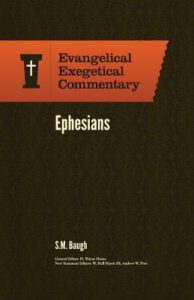
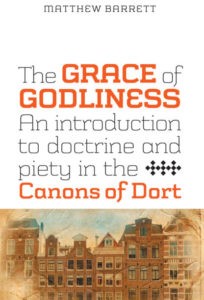 Salvation is Solely the Work of God
Salvation is Solely the Work of God